Another year goes by, and another Autumn Statement has been delivered by Chancellor of the Exchequer Jeremy Hunt, as he sets out his update on the UK’s finances. Among all the jeers and cheers, there are vitally important updates which have a serious impact on our wallets, and by extension, our life plans.
While much has been said about growth forecasts of the UK economy and where the government will spend its money, we focus on the most immediate impacts to our everyday savings. This was not an overly dramatic budget for personal finance, with no major changes to ISAs, tax relief, or income tax rates. This autumn, it’s Pensions and National Insurance Contributions stealing the limelight.
State Pension
- State Pension increases have been held at Triple Lock, increasing by 8.5% this year. This equates to a much needed extra £900 per year for pensioners.
Workplace Pensions
- A big change around workplace pensions. Employees will have a legal right for new pension contributions to be paid into an existing pension pot, as opposed to being forced to open a new one. This will help to reduce the risk of people losing pension pots by making it easier to keep track of their pensions, as well as the headache of pulling them all together.
National Insurance Contributions
- Class 1 NICs are paid by any employed person earning between £12,570 and £50,270 per year at a rate of 12%. Mr Hunt has reduced this to 10%, resulting in an extra £450 per year for someone on a £35k salary. Another sweetener is that this will come into effect in January of next year, as opposed to the usual wait until April 6th 2024.
Self Employed Changes
- Class 2 self-employed NICs have been abolished, saving around £150 per year.
- Class 4 self-employed NICs will be reduced to 8% from 6 April 2024.
Personal Tax and Savings
- There was a lot of pre-budget speculation about whether we’d see any major overhauls to ISA and LISA rules. But the only change has been to allow UK residents to open and pay into multiple ISAs of the same type every year from April 2024.
Consumer Prices Index (CPI) inflation has halved year on year from over 11% in October last year to 4.6% in October 2023. While this is welcome news, it doesn’t necessarily mean that prices will decrease, just that prices are increasing at a slower rate.
The Chancellor also announced a Back to Work Plan intended to reform the welfare system and boost the workforce, a 6.7% increase in Universal Credit and other benefits in line with September’s inflation figure, an increase in Local Housing Allowance to the 30th percentile of local market rents, an increase in the national living wage to £11.44 per hour, and a freeze on Alcohol Duty until 1 August 2024.
Welcome (and long overdue) news was that the 0% rate of VAT on feminine hygiene products has finally been expanded to include period underwear. (Thanks Marks & Spencer and WUKA!)
